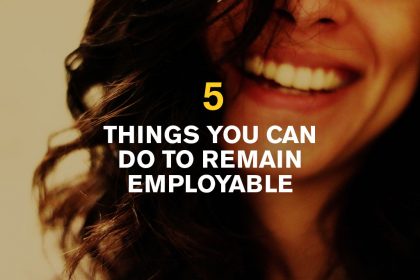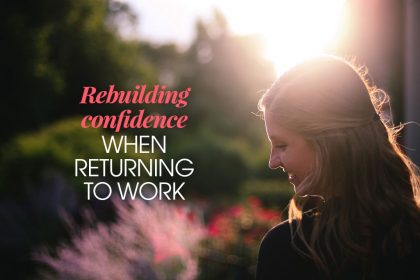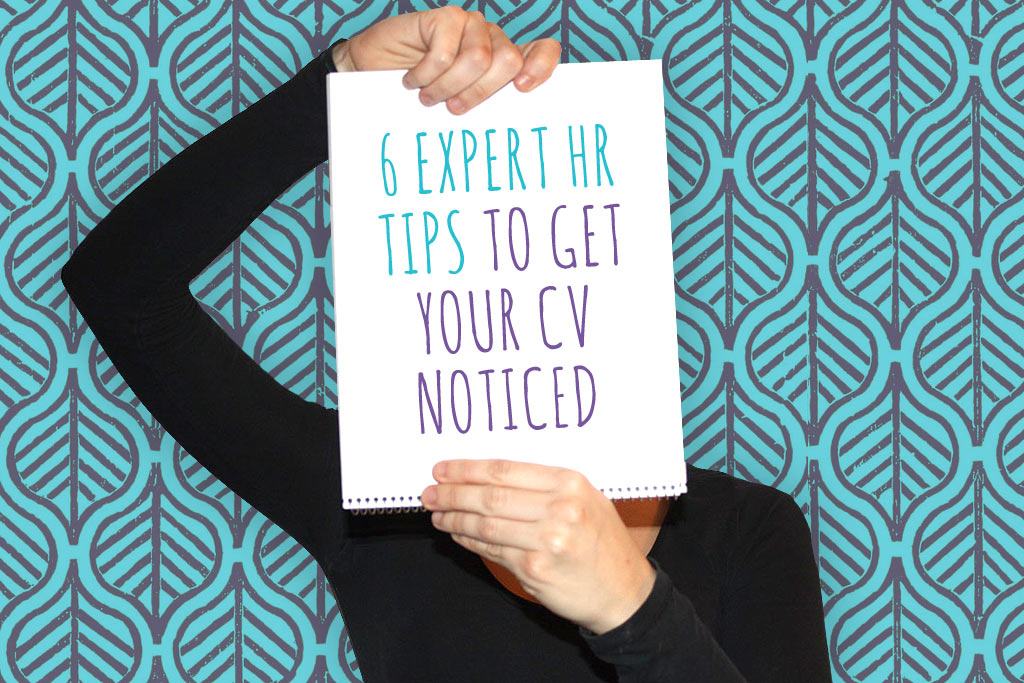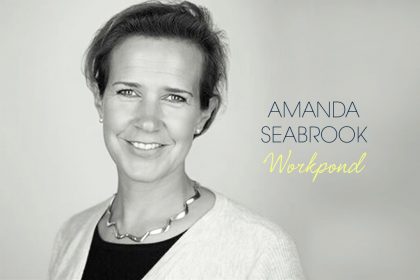Interview with Karen Mattison MBE, Joint CEO of Timewise
In 2005, disillusioned by the lack of flexible working opportunities for women returning to work after having a baby, friends Karen Mattison and Emma Stewart started Women Like Us to offer down to earth career support.
In 2012 they extended their support by launching Timewise Jobs, an online job-search service, and Timewise Recruitment, a fully-fledged recruitment agency. In 2013, they brought all their businesses together under the Timewise Foundation, a social business that aims to develop the part time jobs market, so that everyone can find work that fits with their other responsibilities.
in 2012, Timewise published their first Power Part Time List of 50 successful men and women who work at the top of their professional on a flexible basis.
We interviewed Karen to find out what inspired her to start Timewise and Power Part Time, and what advice she has for mums who are looking for flexible work.
What is Power Part Time and why did you start it?
I started Power Part Time in 2012 almost as a challenge to the business community. Over the years I’ve heard countless businesses say that flexibility may be okay for junior admin jobs, but it’s not possible to be in a senior role with any responsibility if you don’t work full time (and more).
At the start I expected that; I thought it was the way things were. When I was a candidate myself, I couldn’t find anyone who had openly made a success of flexible working while climbing the career ladder.
Then, later on, when I started Women Like Us and then Timewise, I met some amazing people working in senior jobs three to four days a week – but I was still hearing it wasn’t possible!
I wanted to challenge this idea, so I conducted some research. I looked at the employment market, specifically the higher tax bracket, and I discovered that 650,000 high earning UK professionals were formally working part time. Yet when I looked for them I couldn’t see them and businesses told me they didn’t exist.
Eventually I found and interviewed 300 of these professionals, and they told me that flexible working worked for them but they did it ‘under the radar’ because they didn’t want people to think that they weren’t ambitious, not up for promotion, or on the ‘mummy track’. Their managers had also asked them not to let anyone else know they worked flexibly because they didn’t’ want to offer the same opportunity to others.
I believe that, unless we hear stories about people successfully making it work – and doing so at the top of their game – we think successful flexible working at a senior level can’t be done and give up. And that ultimately is what the Power Part Time list seeks to redress.
How did you get started on the list?
I went on Women’s Hour on Radio Four to do a call out for people. I thought the people who agreed to be included in the first list were really brave, as we didn’t know how they would be treated. We’ve now published three lists and everyone on them is a star – people who challenge ideas of all the things I was told you can’t do.
Much of the battle in growing the flexible employment market is objection management, and these amazing examples of top performers – men and women – working flexibly is the best kind of objection handling you can have.
Is there a need to talk about flexibility more?
Absolutely. So many of the people I spoke to for the Power List said that publicly acknowledging their working arrangements almost felt like coming out. Some of them had worked for years without most of their colleagues knowing they worked flexibly.
One woman who was recommended to me last year decided at the last minute not to appear on the list. She had a high profile job working for a well-known organisation, and had been working flexibly for 10 years. But she said there was such disdain on the board of her company for the idea of flexible working that she didn’t feel she could go public about it.
I dearly want to change that perception, and I think the only way to do it is to tell more stories and remove the taboo.
Who are the previous winners?
Here are just a few of some of the amazing people who have made the list in the last three years:
Katie Bickerstaffe is Chief Executive Officer at Dixons at Dixons Carphone plc, UK & Ireland. Katie joined Dixons in 2012 and oversees more than 500 Currys, PC World and Dixons Travel stores. Katie, who spends Fridays with her young family, played a significant part in turning around the fortunes of Dixons Retail. Today the group continues to win market share, grow sales and profits, and scoop awards.
Brian Pomering is a Partner at PwC. In 2004, Brian started PwC’s health provider consulting business. This business has consistently seen year-on-year growth. Since working part time, Brian has enjoyed his most successful year as a partner while having more time for family, sporting activities and charity work.
Clare Turnbull is Managing Director of Nomura. Clare has worked flexibly since 2001, and been promoted three times in that time. She was hired by Nomura on a four day contract ahead of other full time candidates and has since increased team production and helped her team to achieve several number one rankings.
Sarah Parkhouse is a partner at Linklaters LLP on a 90% contract. Sarah re-joined Linklaters in 2004 after a seven year career break to raise her family. Sarah’s children were aged six and nine when she re-joined the firm part time as a managing associate. Within three years she was promoted to counsel and subsequently made equity partner in 2010 (while working part time).
Eileen Mannion is Senior Director, Marketing & Insights at Google EMEA. Eileen began working four days a week after her first daughter was born (she now has three children) and has since been promoted to Director then Senior Director, with her role and responsibilities broadening significantly. Eileen credits her success at working flexibly to a strong team and a supportive culture at Google, where she coaches others on flexible working and women on leadership.
How many men are on the list?
Eight or nine people on each list of 50 have been men, and we’re always looking for more. The number of men who are now choosing to work part time has just hit the one million mark, and I believe that women have a huge amount to gain by flexible working becoming mainstream and accepted across the sexes.
What is Timewise and who is it aimed at?
Timewise is the leading online job site in the UK for candidates who want some form of flexibility for their next job – whether they’re looking for a full time job working from home two days a week, compressed hours or a part time position.
We ONLY advertise jobs that offer some form of flexibility. Over the years we’ve done the hard work, knocking at doors and pushing through them. And today more and more businesses are promoting their jobs on Timewise.
The site is aimed at anyone. Flexible working isn’t just about children; it can be simply about enjoying life and making time for the things you want to do. Time is a finite commodity for all of us – we can’t slow it down or speed it up.
Timewise enables you to be just that, wise about how you want to spend your time in work and outside it. It encourages and enables us to judge by output (the quality and quantity of the work you do) rather than input (the physical hours you are in the office).
Most people think the opposite to flexible working is full time, but it’s not. It’s rigid working, and for most people – men and women – it doesn’t always work. If you give flexibility you can make bigger jobs work, and attract the very best people to those positions. That’s why I love the Power Part Time list, it demonstrates brilliant examples of flexibility working at the very highest level.
What’s the biggest issue facing flexible working?
It’s actually flexible hiring. Flexible working without flexible hiring is causing a bottleneck in talent market. People may be able to negotiate flexible arrangements in the position they’re in currently, but they’re often too afraid to leave the comfort of that job and risk applying for positions that don’t advertise the same opportunities.
And realistically, most don’t. I recently researched the percentage of vacancies for positions offering over £20,000 that even mentioned openness to flexibility, and it came out at just 6.2%.
So for women that creates a dilemma. Do they apply for a job that doesn’t mention flexibility? And if they do, at what time do they mention the ‘F’ word? That’s a tough decision to make. So too many women get stuck in a role they may have outgrown or no longer meets their needs because they’re afraid to give up the flexibility they have.
I call this The Flexibility Trap. As many as 77% of people who work flexibly are stuck in it.
What needs to change in the hiring market to improve the situation?
For real growth to happen in the flexible hiring market, you have to decouple why people want or need flexible working, and look at how they’re making it work. We need to have much more of a business conversation about it.
What advice do you have for a mum who wants to continue her career on a flexible basis?
Visit Timewise and look for available positions! Aside from that, it’s just to go out and make work happen.
Way too many women assume it’s not possible to find a position they love that offers flexibility and give up too quickly. But the reality is that, if you sat and waited for one to be advertised, you’re only open to that tiny 6.2% of all jobs advertised!
9/10 employers say that for the right candidate they would offer flexibility, so my main advice would be not to assume there is no place for you in the world of work just because you don’t see a position advertised.
Instead, apply for the roles you want and talk about what you offer. Then, when the time is right raise the possibility of flexibility.
When is the right time to talk about flexibility?
That depends on each individual situation. If you’re applying for a job in a small business, it’s likely that the person who is hiring you will interview you. So it’s appropriate to discuss it with them.
But if you’re applying to a larger corporation, you often find an HR assistant or someone not directly connected to your role will act as gatekeeper in the first interview. Their job is to screen out anyone who doesn’t fit the bill, and they may not have the confidence or experience to say ‘yes’ to the question of flexibility. So raising the issue in that scenario may rule you out of progressing any further in the hiring process.
As a rule I’d recommend researching any companies you want to work for. Look at their website and see if they talk about flexibility and productivity. Are they modern and forward-thinking in their approach and values? If not, it may be worth focusing your attention elsewhere.
What’s the biggest mistake women make when asking for flexibility?
It’s probably getting into a conversation too quickly about what they can’t do. Instead, focus on what you can do. What you will deliver and how you will make it work. Even better if you can explain how you’ve made a previous role work flexibly.
Also don’t be afraid to tell an employer what you want, the package you’re looking for, instead of waiting and hoping they’ll offer it to you. Remember, 9/10 employers will offer flexibility for the right candidate, and if you don’t ask you may not get.
How do you balance your own work with your home life?
I do a four day week. Mainly I’m office based or out and about at meetings, and every couple of weeks I’ll work a day from home. I’m an early riser so I usually leave around 7.25am when my son goes to school, and then I fizzle out about 6pm.
What’s it like working with a friend?
It’s great. Emma and I don’t do a job share, but we have shared the growth of the business, and to do that with someone I like and trust is fantastic. If we didn’t like and trust each other we wouldn’t be here now!
We’re very different people, with different skills, but we’ve worked together now for 15 years. It probably helped that we were work colleagues before we were friends, and even before we were business partners – we knew how well we worked together and we knew we got on before we committed to launching a business. What we’ve shared is amazing and I hope it continues to go from strength to strength!
And finally, both you and Emma were awarded MBEs for your work. How did you feel when you found out?
I think I was at work when I found out. I got a call completely out of the blue. And my first thought was ‘Did Emma have the same call?’. She did, and it turned out she was thinking the same about me!
It was an amazing affirmation about what we were doing. When we started out, I never thought would be still be doing this 10 years later, but we just get more and more passionate about it.
Are you or do you know someone who is working in a leadership position or senior role less than a full, five day week? Nominate yourself or someone else for this year’s Power Part Time list now! The winners will be featured in Management Today, and invited to an awards reception at Facebook’s London offices.










